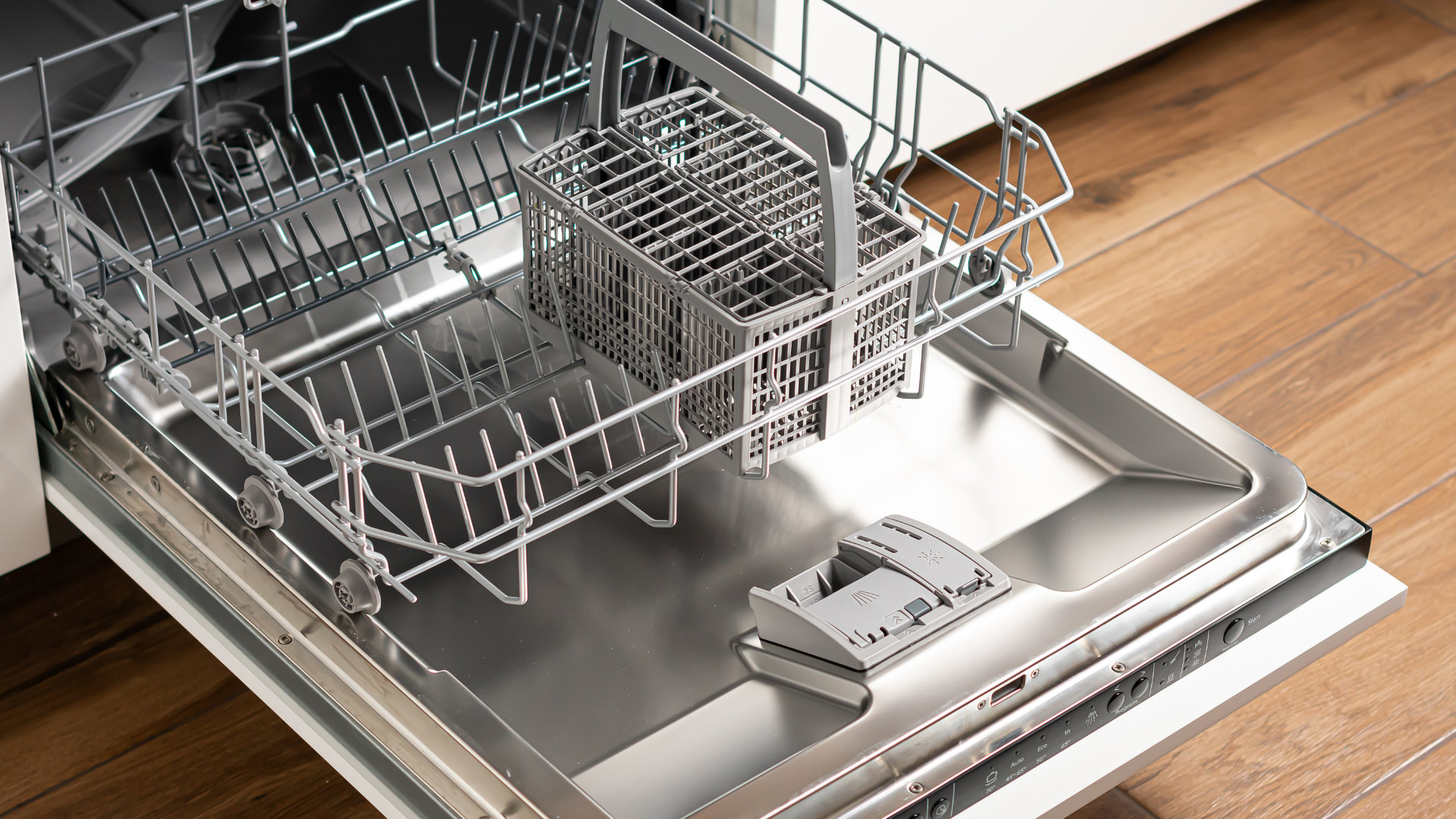How to Detect Issues with My Dishwasher: Useful Tips
How to Detect Issues with My Dishwasher: Useful Tips
Blog Article
We've discovered this article involving How to Troubleshoot & Repair a Dishwasher directly below on the web and decided it made sense to relate it with you on this site.

Having your dish washer breakdown or malfunction can be a big deal and create some discomfort at home. Dishwashing machines are machines that we use to clean dishes as well as flatwares immediately to save us the stress and anxiety of by hand doing it.
Like every other machine that relieves human initiative, dish washers can break down and develop some fault at some point in time. There are numerous faults your dish washer might develop, and while a few of them can be addressed by changing some parts or fixing them, other more extreme problems will require that you get a brand-new dishwasher.
This write-up will recognize a few typical faults your dishwasher might create to impede its overall efficiency as well as exactly how these faults can be addressed.
Common Mistakes
Typical dishwasher faults might range from small to major ones. Relying on the level, you will either require the services of professional plumbings to repair or change it.
A few of the most typical mistakes consist of:
Leaking Dishwashing machine
This is probably the most day-to-day dish washer trouble, and also fortunately is that it is easy to recognize. Leakages take place due to a number of reasons, and the leaks can make a mess of your kitchen. Common reasons for dishwashing machine leakages include;
If your recipes and cutleries appear of the dish washer and still look filthy or unclean, your spray arms may be a problem. In most cases, the spray arms can get blocked, as well as it will certainly call for a quick clean or a substitute to function properly once again.
Failure to Drain pipes
Occasionally you may notice a huge amount of water left in your tub after a laundry. That is probably a water drainage issue. You can either check the drain tube for damages or blockages. When doubtful, contact an expert to have it examined and also dealt with.
This is one more typical dish washer problem, and it is generally brought on by food particles or oil remaining in the maker. In this situation, search for these bits, take them out as well as do the recipes without any meals inside the machine. Clean the filter extensively. That will assist get rid of the bad odor. Ensure that you eliminate every food fragment from your dishes before moving it to the equipment in the future.
Verdict
Some of these typical dishwashing machine faults can be dealt with conveniently in your home, but in some cases, the faults could be substantial and also might need the attention of professionals. If you stay in Rochester, Syracuse, and also various other parts of America, let the professionals properly identify what could be incorrect with your dishwashing machine and also proffer a service.
We likewise install dishwashing machines if you simply purchased a new one or mean to replace your very own. With our many years of experience in the market, we make certain to give you the best feasible solutions.
Dishwasher Won’t Drain? 8 Steps to Fix It
Run the Disposal
A full garbage disposal or an air gap in a connecting hose can prevent water from properly draining out of the dishwasher. Simply running the disposal for about 30 seconds may fix the issue.
Check for Blockages
Check the bottom of the dishwasher to make sure that an item or pieces of food haven't fallen from the rack to block the water flow.
Load the Dishwasher Correctly
Make sure you’re loading the dishwasher correctly. Read the manufacturers’ instructions or owner’s manual for tips and directions on how to load dishes for best results.
Clean or Change the Filter
You may have a clogged dishwasher filter that’s preventing water from draining. Many homeowners don’t realize that dishwasher filters need to be cleaned regularly. Check your owner’s manual to see where the filter is located on your dishwasher, and for instructions on how and when to clean it. For many dishwashers, the filter can be found on the inside bottom of the appliance.
Inspect the Drain Hose
Check the drain hose connecting to the sink and garbage disposal. Straighten any kinks that you may see, which could be causing the problem. Blow through the hose or poke a wire hanger through to check for clogs. Make sure the hose seal is tight, too.
Try Vinegar and Baking Soda
Mix together about one cup each of baking soda and vinegar and pour the mixture into the standing water at the bottom of the dishwasher. Leave for about 20 minutes. If the water is draining or starting to drain at that time, rinse with hot water and then run the dishwasher’s rinse cycle. That may be enough to help loosen any clogs or debris that are preventing the dishwasher from draining properly.
Listen to Your Machine While It's Running
Listen to your dishwasher while it’s running a cycle. If it doesn’t make the usual operating sounds, particularly if it’s making a humming or clicking noise, the drain pump and motor may need replacing. If this occurs, it may be time to call a professional for help.
https://www.ahs.com/home-matters/repair-maintenance/how-to-fix-a-dishwasher-that-is-not-draining/

I'm just very curious about How to Troubleshoot & Repair a Dishwasher and I really hope you enjoyed the entire blog entry. Those who liked our blog posting kindly remember to pass it around. Thanks a lot for your time. Don't hesitate to come visit our website back soon.
Diverse plumbing issues? We resolve. Report this page